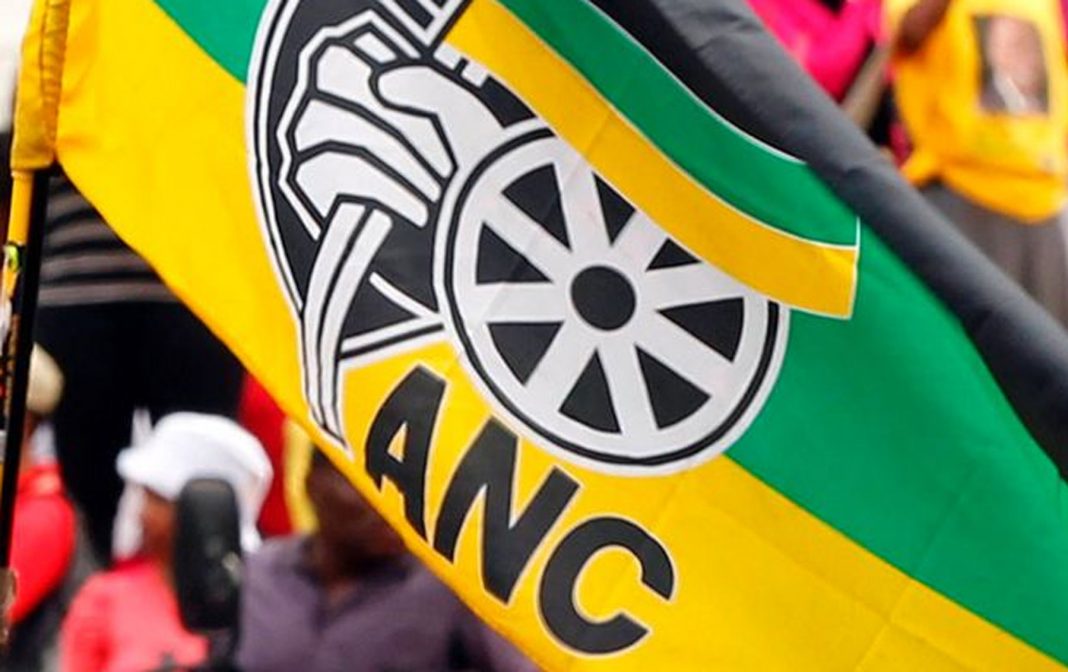Mduduzi Mbada and Fezile Ngqobe
“The true facts are not always obvious. They often have to be looked for” – Oliver Tambo
On the evening of the 11t of May 2019, the Independent Electoral Commission (IEC) declared the 2019 general elections free and fair whilst also acknowledging some of the challenges experienced during the voting process. Indeed, with more than 40 political parties contesting these elections, it was not going to be an easy ride for the IEC.
The African National Congress (ANC) was declared the winner with almost 57% of the total vote. Many commentators and pollsters predicted that the ANC will win the elections but with a reduced majority. In general, the ANC has dropped 12% since the 2009 elections.
This raises the question of whether the ANC has been moving away from being the trusted instrument or vehicle for the people of South Africa to resolve their on-going challenges of poverty, unemployment and inequality. If this significant drop and recent electoral results are anything to go by, the evidence suggests that this may be the case – the ANC is no longer the trusted custodian of the aspirations of the people of South Africa.
The outcomes of the 2019 elections also represent what many argue to be the last opportunity given to the ANC by the people to continue building a national democratic society.
The message the electorate is sending to the ANC needs to be heeded and taken seriously especially by those who have been propagating for “generational take-over” if they still have an interest of taking over the ANC in the next five years. This new generation of ANC leaders should define its own mission by taking back the ANC to the people.
The first and most important thing to do in this regard is to listen to what the people are saying. The arrogance and time of telling the people that: “Conference has elected me or elected certain people” must be understood in the context of an ANC which is contesting political power and not in the context of ANC members being the ultimate people who elect a political party into power.
The fundamental question remains, for those who want to take over the ANC, how would they strike the balance between their ANC constitutionally elected positions and listening to the electorate going forward? The arrogance of always referring to being elected by ANC branches should give way to the art of listening to the electorate or else the ANC will be history in the next local and national general elections.
The outcome of the recent elections is an indication that despite being elected by branches, those branches will not elect you into power but the people of South Africa many of whom love the ANC but are not part of the branches. It is the broader South African public that has the final say on who should govern South Africa.
These ordinary South Africans are looking forward to a better future; where corruption and the many get rich quick schemes that turned some ANC friends and their cronies into “instant millionaires” are a thing of the past. They are yearning for better service delivery, better governance and a growing economy that creates more jobs.
The people are saying to the ANC we need competent people to lead us, they are saying we need people that have the capability to catapult and change the current situation to a better one, hence the ANC’s notion of a better life for all, not for those in leadership. More people are saying we need honest and ethical leaders, who will not devour state resources for personal gains.
The problem, however, is that the internal electoral process of the ANC makes assumptions that those that are elected in the structures will resonate with the people. This must be changed. The people must be brought into this process at an early stage because whilst they do not have membership cards of the ANC; the ANC also belongs to them since it is their votes that by and large determine who governs.
This is important because there are a couple of examples where we have seen leaders of the ANC speaking out of tune with the people, including taking policy decisions that do not appeal nor address the ongoing problems of the people.
The ANC should concern itself with what the people think of its choices and decisions. What society thinks about those the ANC puts forward to lead, in government and in society, matters a great deal. At all times the ANC must be on the side of the people and never against them. It is not enough to consider exclusively the views only of ANC members and its fraternal structures.
We must listen to the people, including to the smallest of voices if we are to continue to make the ANC the best and most reliable vehicle at the disposal of the people to resolve their ongoing challenges.
This is the only way we can restore the hard-earned leadership of the South Africa society and together we can build a South Africa of our dreams.

